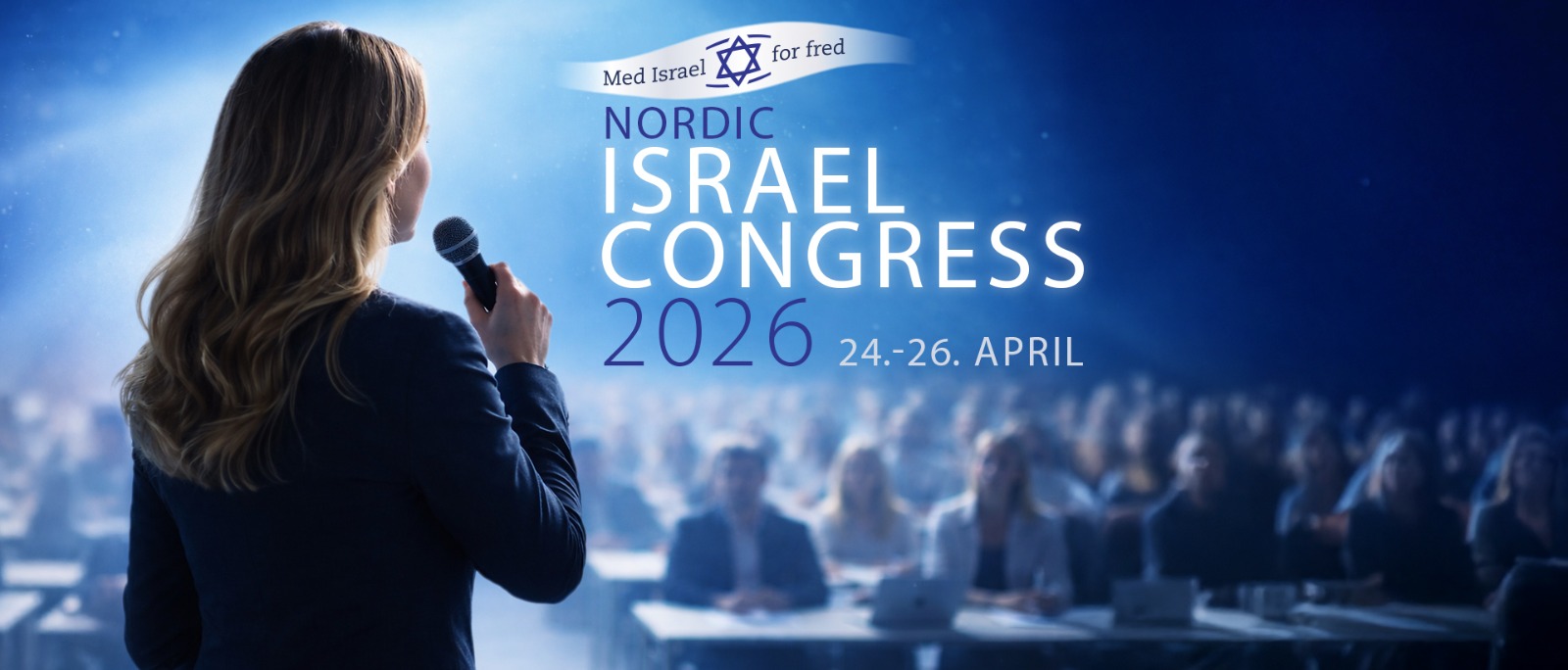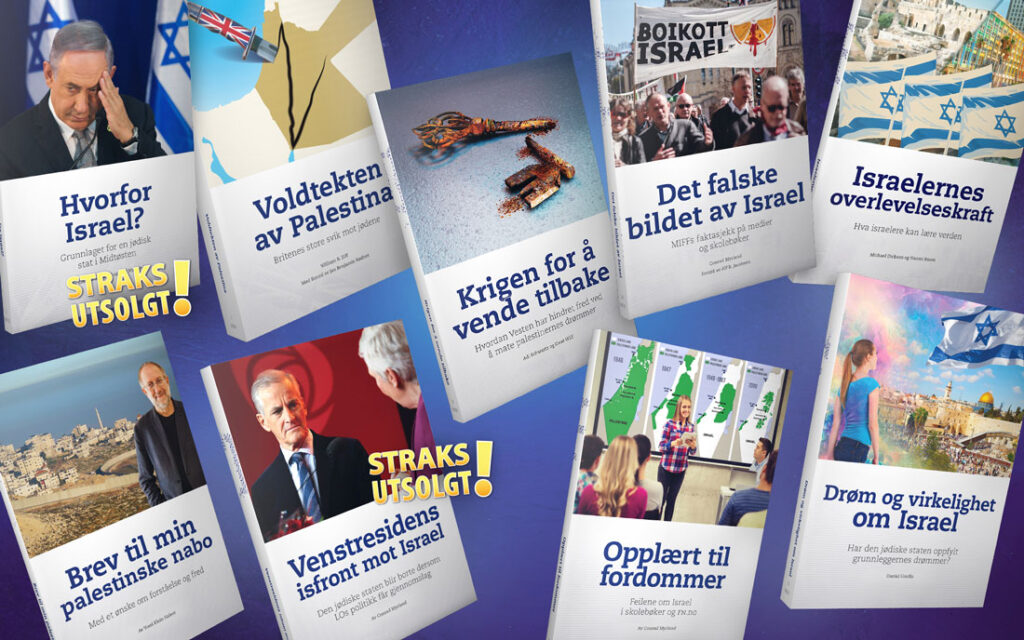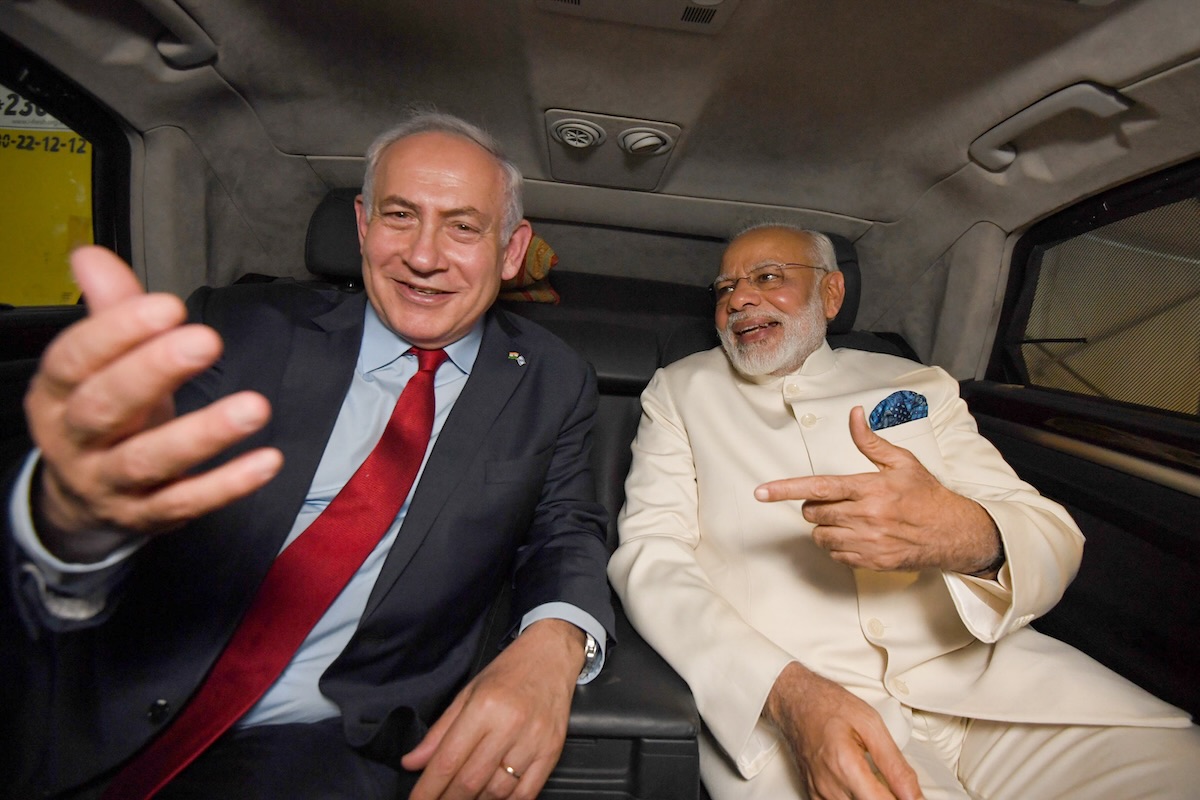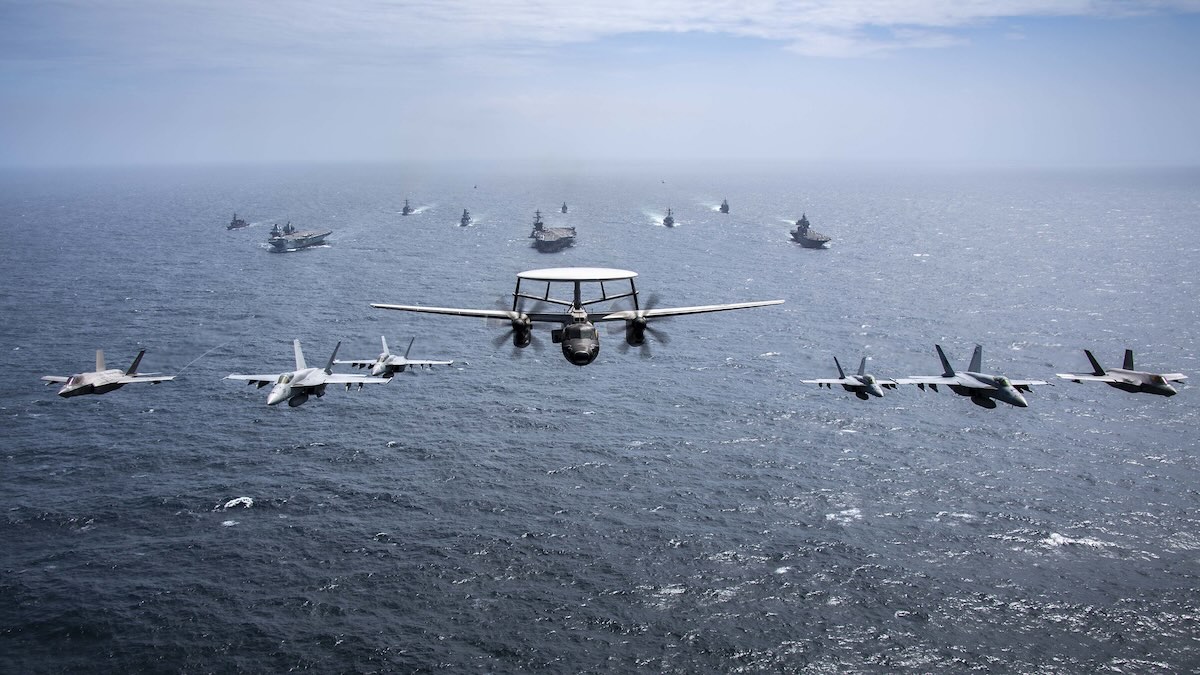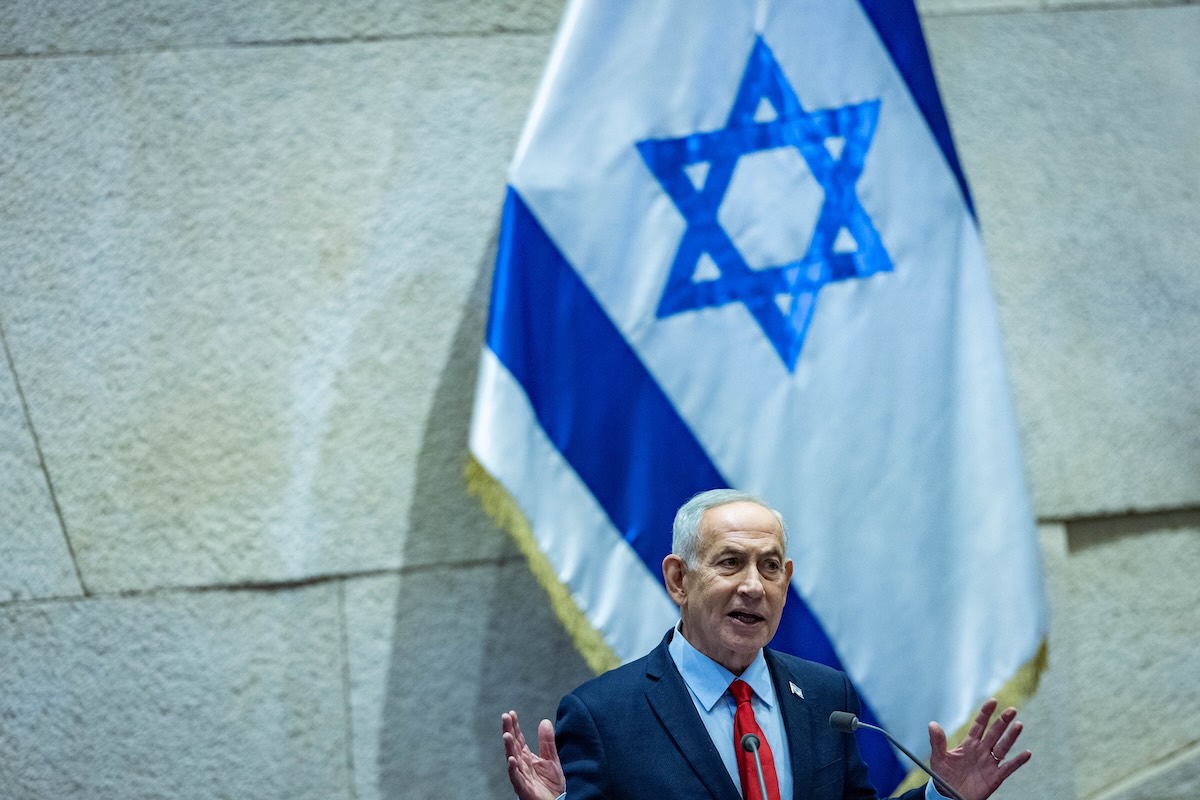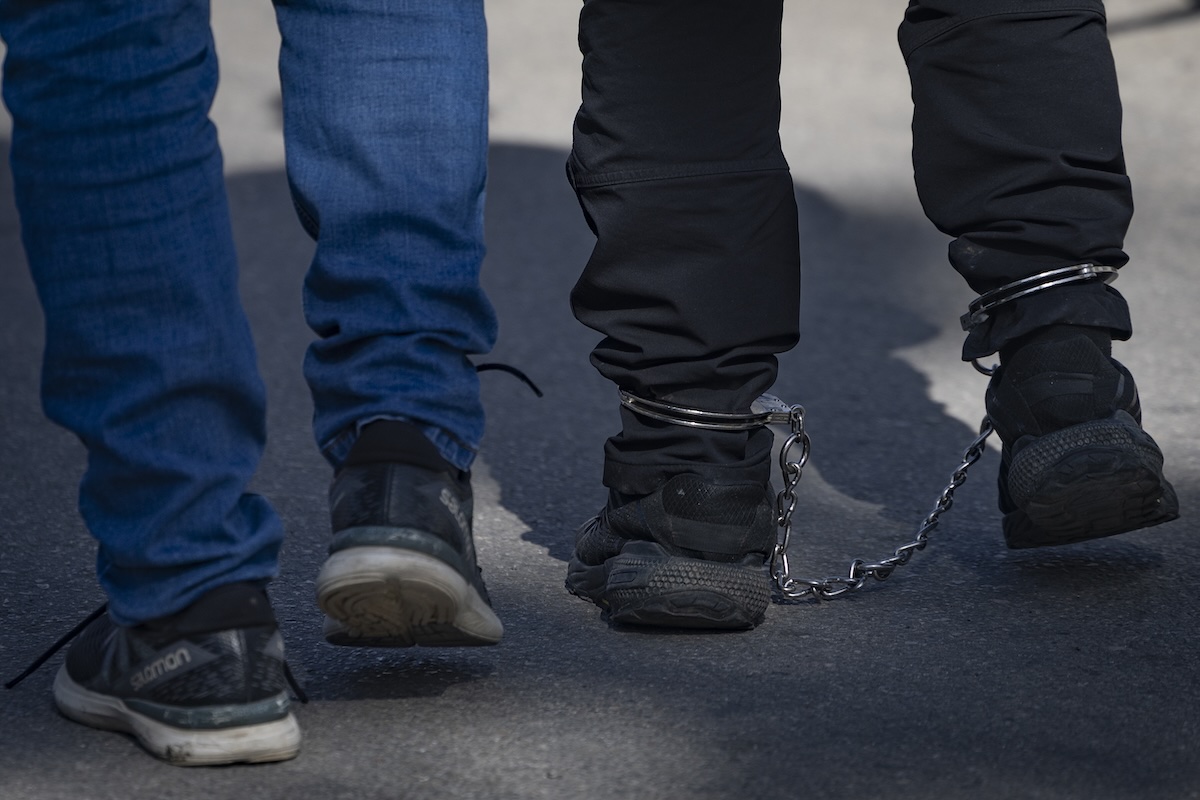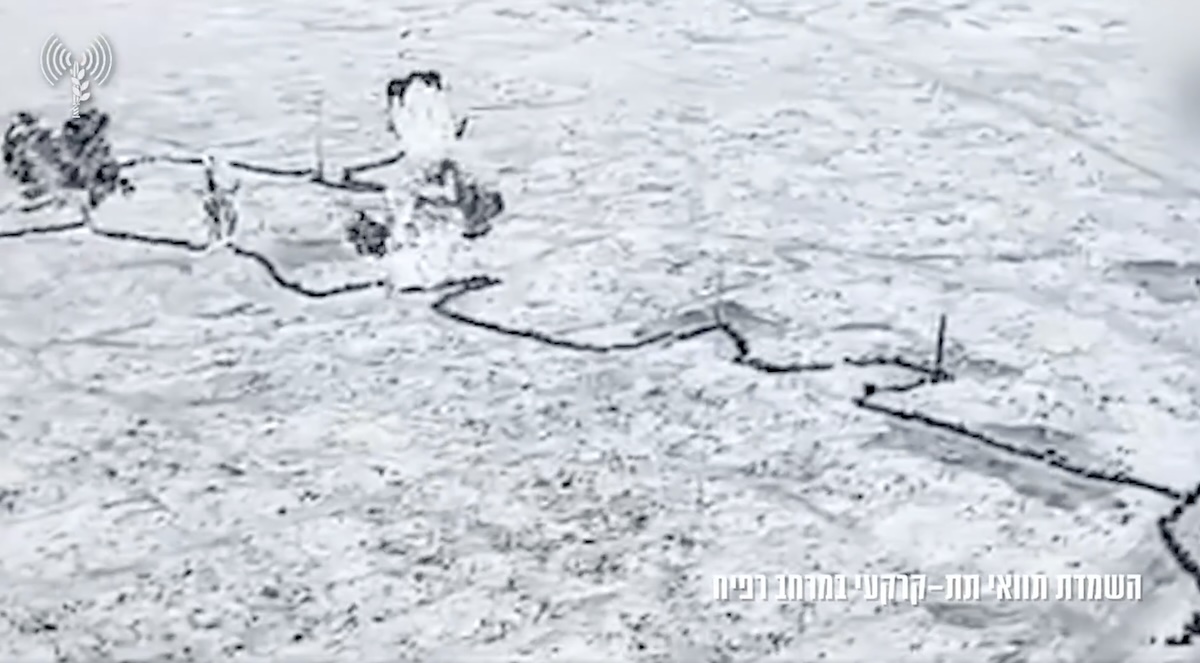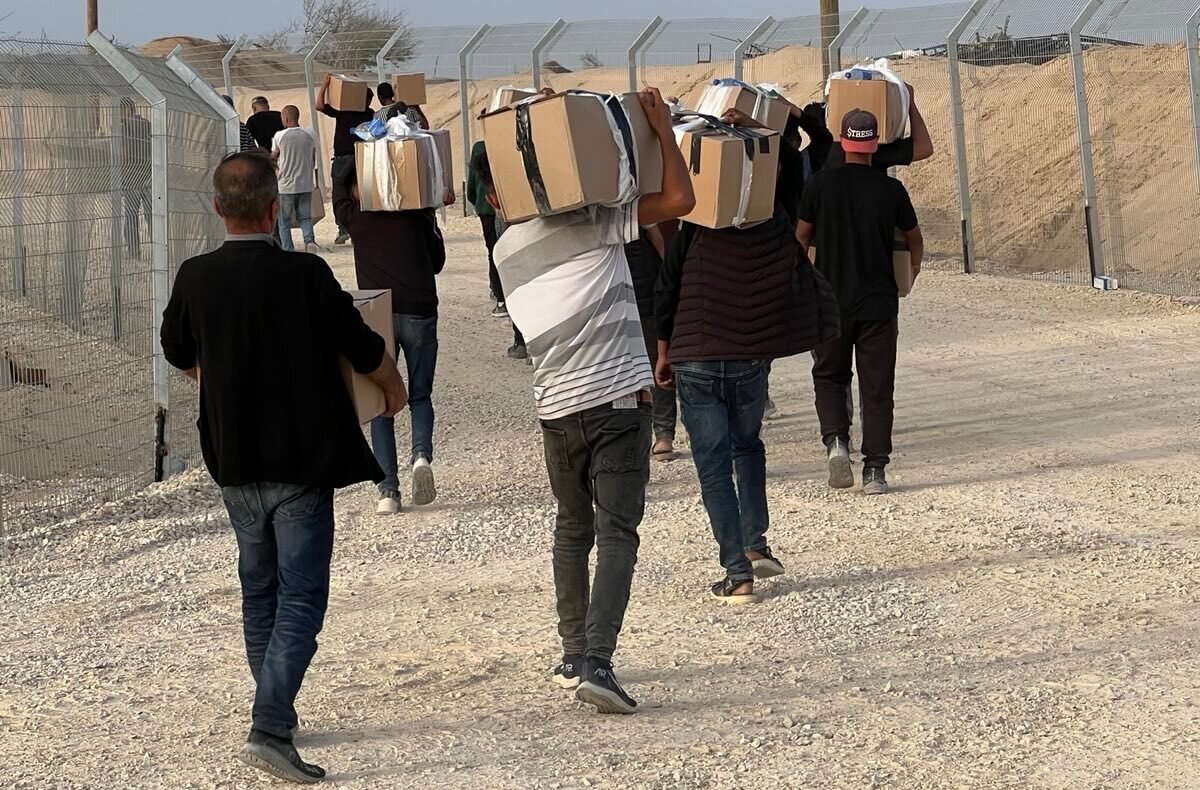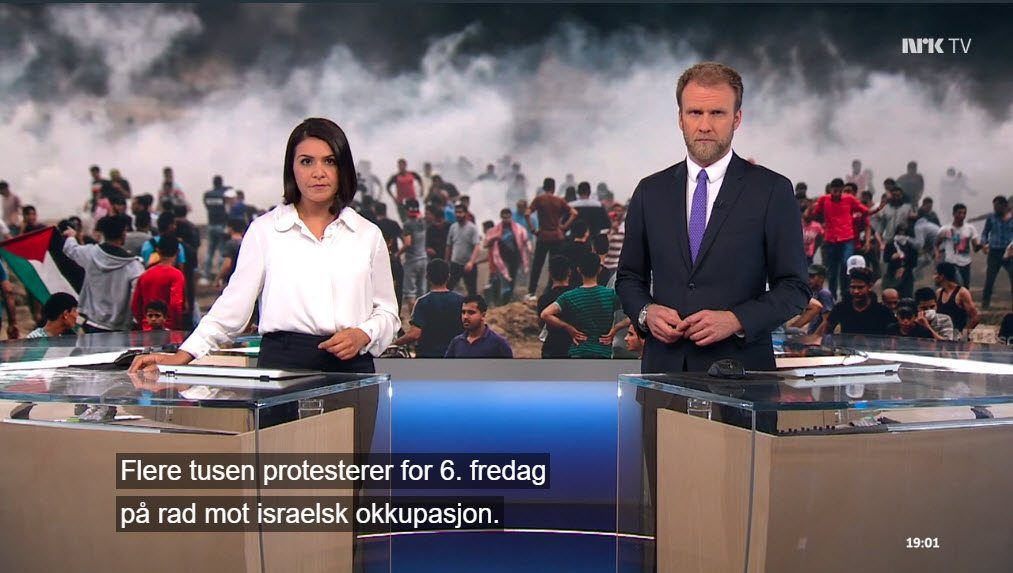Kjerneinnholdet i invitasjonen
USA og Sovjetunionen inviterer Israel, Syria, Libanon, Jordan og palestinerne til uforpliktende samtaler. Samtaler med palestinerne om femårig midlertidig selvstyre, etterfulgt av samtaler om permanent status.
Sammenbruddet av Sovjetunionen og Gulfkrigen i 1990-91 brakte Midtøsten inn i en ny virkelighet. I et forsøk på å skape fred og stabilitet i regionen, gjennomførte USAs utenriksminister James Baker åtte turer til Midtøsten i månedene etter Gulfkrigen. Invitasjonen til Madrid-konferansen var resultatet av dette diplomatarbeidet.
Under følger tekst i engelsk oversettelse.
LETTER OF INVITATION TO MADRID PEACE CONFERENCE
October 30, 1991
The following is the complete text of the invitation to the Madrid Peace Conference on October 30, 1991, jointly issued by the U.S. and the Soviet Union:
TEXT:
After extensive consultations with Arab states, Israel and the Palestinians, the United States and the Soviet Union believe that an historic opportunity exists to advance the prospects for genuine peace throughout the region. The United States and the Soviet Union are prepared to assist the parties to achieve a just, lasting and comprehensive peace settlement, through direct negotiations along two tracks, between Israel and the Arab states, and between Israel and the Palestinians, based on United Nations Security Council Resolutions 242 and 338. The objective of this process is real peace.
Toward that end, the president of the U.S. and the president of the USSR invite you to a peace conference, which their countries will co-sponsor, followed immediately by direct negotiations. The conference will be convened in Madrid on October 30, 1991.
President Bush and President Gorbachev request your acceptance of this invitation no later than 6 P.M. Washington time, October 23, 1991, in order to ensure proper organization and preparation of the conference.
Direct bilateral negotiations will begin four days after the opening of the conference. Those parties who wish to attend multilateral negotiations will convene two weeks after the opening of the conference to organize those negotiations. The co-sponsors believe that those negotiations should focus on region-wide issues of water, refugee issues, environment, economic development, and other subjects of mutual interest.
The co-sponsors will chair the conference which will be held at ministerial level. Governments to be invited include Israel, Syria, Lebanon and Jordan. Palestinians will be invited and attend as part of a joint Jordanian-Palestinian delegation. Egypt will be invited to the conference as a participant. The European Community will be a participant in the conference, alongside the United States and the Soviet Union and will be represented by its presidency. The Gulf Cooperation Council will be invited to send its secretary- general to the conference as an observer, and GCC member states will be invited to participate in organizing the negotiations on multilateral issues. The United Nations will be invited to send an observer, representing the secretary-general.
The conference will have no power to impose solutions on the parties or veto agreements reached by them. It will have no authority to make decisions for the parties and no ability to vote on issues of results. The conference can reconvene only with the consent of all the parties.
With respect to negotiations between Israel and Palestinians who are part of the joint Jordanian- Palestinian delegation, negotiations will be conducted in phases, beginning with talks on interim self- government arrangements. These talks will be conducted with the objective of reaching agreement within one year. Once agreed, the interim self-government arrangements will last for a period of five years; beginning the third year of the period of interim self-government arrangements, negotiations will take place on permanent status. These permanent status negotiations, and the negotiations between Israel and the Arab states, will take place on the basis of Resolutions 242 and 338.
It is understood that the co-sponsors are committed to making this process succeed. It is their intention to convene the conference and negotiations with those parties who agree to attend.
The co-sponsors believe that this process offers the promise of ending decades of confrontation and conflict and the hope of a lasting peace. Thus, the co-sponsors hope that the parties will approach these negotiations in a spirit of good will and mutual respect. In this way, the peace process can begin to break down the mutual suspicions and mistrust that perpetuate the conflict and allow the parties to begin to resolve their differences. Indeed, only through such a process can real peace and reconciliation among the Arab states, Israel and the Palestinians be achieved. And only through this process can the peoples of the Middle East attain the peace and security they richly deserve.
